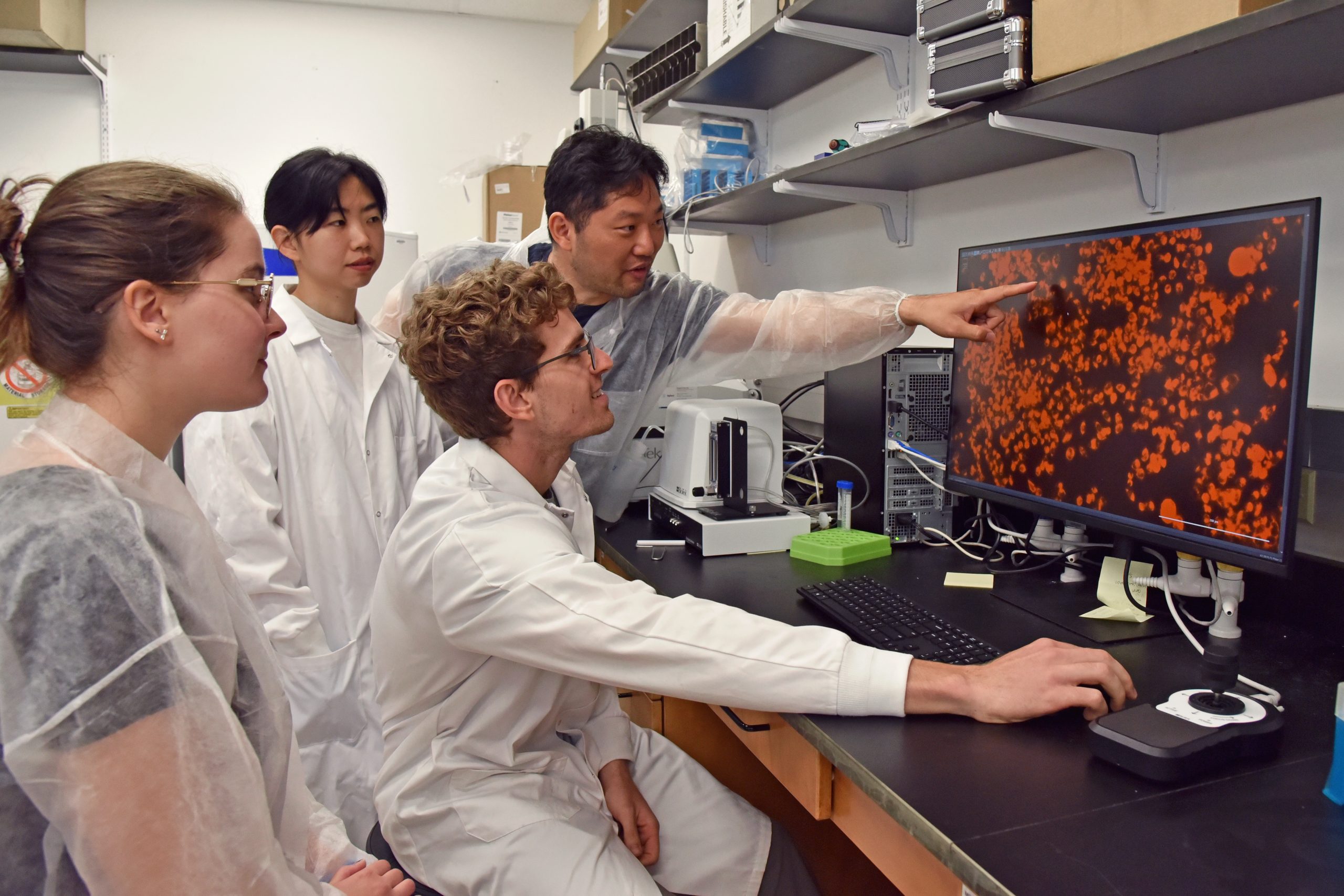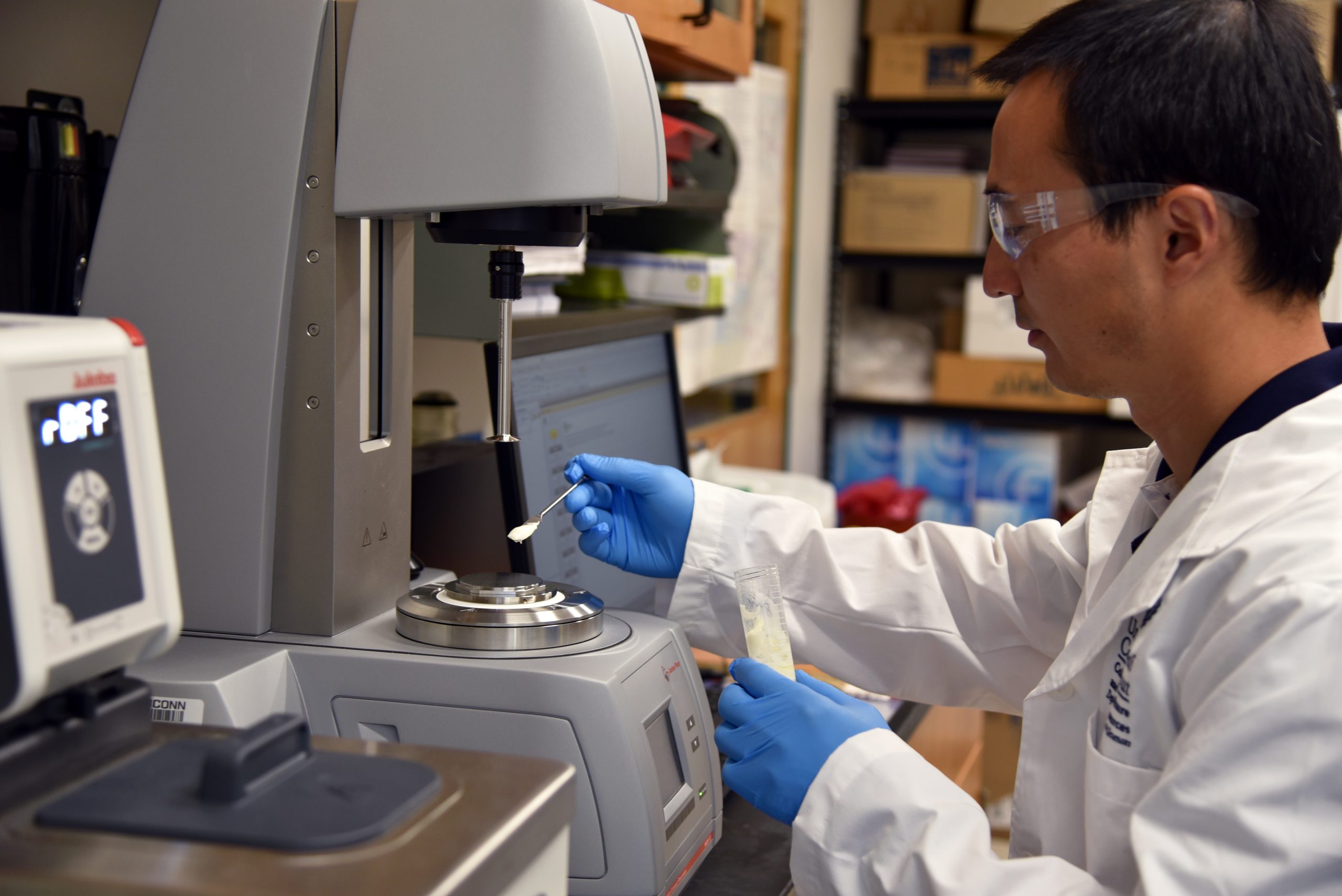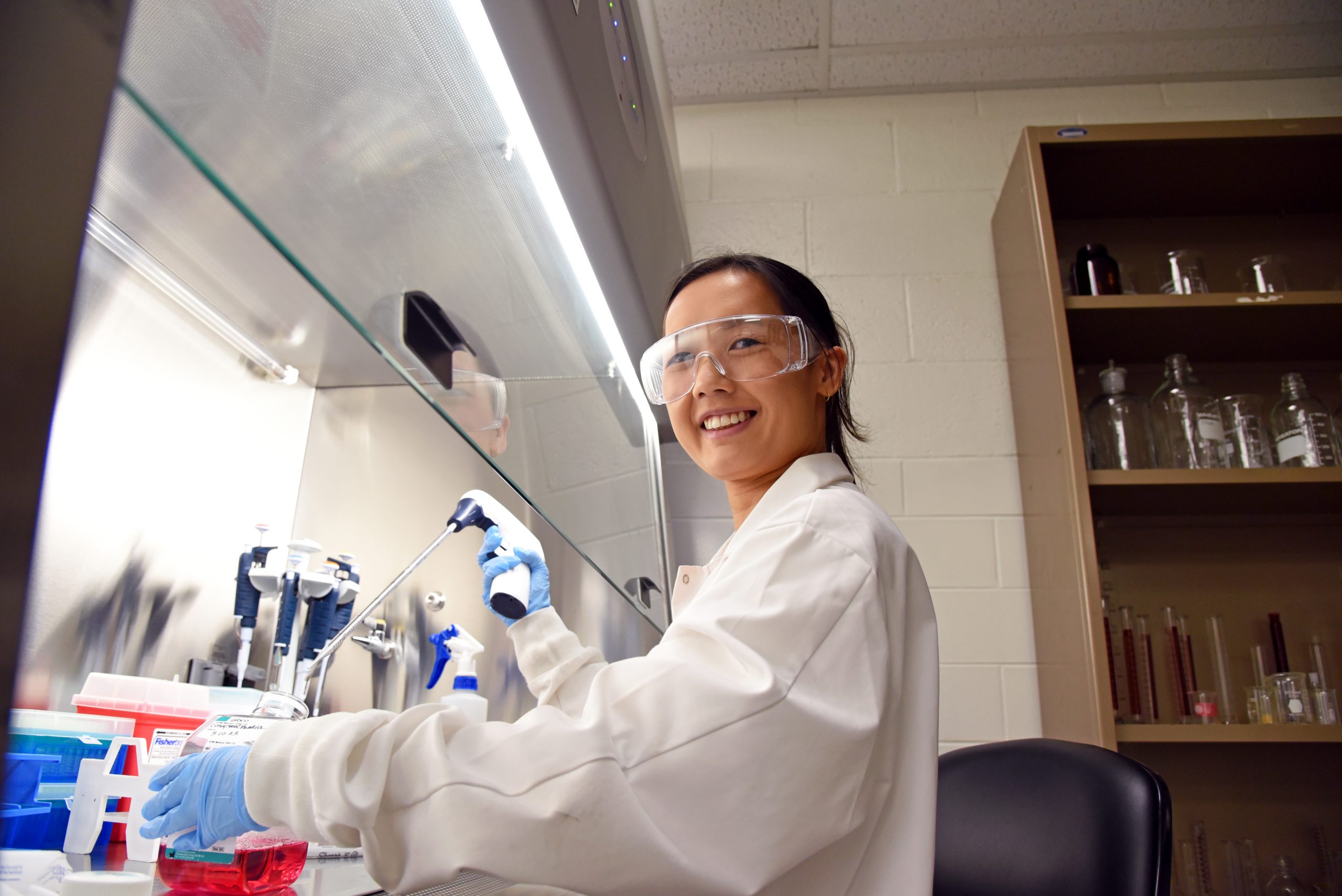


Molecular Nutrition/Nutrigenomics studies the mechanisms of gene expression and their regulation by nutrients and other dietary constituents at the molecular level.
Dietary Bioactive Components, Functional Foods, and Cardiometabolic Health studies the role of non-nutrient substances (e.g., phytochemicals), and foods that contain these substances in promoting health & reducing the risk for obesity, diabetes, and cardiovascular disease.
Allergy and Inflammation investigates the effects of diet, microbiota, cytokines, and epigenetic modifications in regulating immune cell function during allergic diseases such as food allergy.
Metabolic Diseases or Metabolic Biology understands mechanisms by which lipoproteins and plasma lipids contribute to the development and progression of cardio-metabolic diseases. It also dissects the role of these metabolites on immune system function in cardiovascular and inflammatory diseases.
Gut Health and Chronic Disease investigates interactions between dietary compounds, intestinal physiology, gut microbial communities, and disease conditions.
Immunometabolism investigates the interplay between immunological and metabolic processes.
Public Health Nutrition involves the assessment of nutritional status in human populations through the use of national health and nutrition studies, as well as the study of food and nutrition-related social policies.
Community Nutrition involves the evaluation of interventions to maintain and improve the health and well-being of human populations, including nutrition education, food assistance, food and nutrition supplementation, and food fortification programs.
Nutritional Epidemiology involves the assessment of nutritional determinants of disease and the study of the distribution of nutrition-related factors in the human population and applies findings in nutritional epidemiology to the control of health problems.
Sports Nutrition involves optimizing sport performance and athlete health through investigations into low energy availability, nutrition status and diet quality, body composition, and sport science.
Nanotechnology and Biodelivery Systems investigates natural biomaterials for fabricating food-grade nanoscale structures for improving food quality and safety, increasing the bioavailability of poorly absorbed nutrients, and providing tissue-specific delivery of nutrients for the prevention and treatment of chronic diseases.
Sustainable Bioprocessing and Biomanufacturing studies emerging environmental- and climate-friendly bioprocessing and biomanufacturing technologies and nature-based biosystems that can be used to produce all-natural and low-carbon food ingredients for more sustainable and nutritious foods.
Entrepreneurship in Food and Agriculture teaches students critical knowledge and skills that are essential for launching a technology startup company in the food and agriculture space.
Sustainable Controlled Environment Agriculture involves the optimization of horticultural practices for indoor farming to improve the food production, quality, nutrition, and food safety while balancing the economic, social, and environmental impacts.